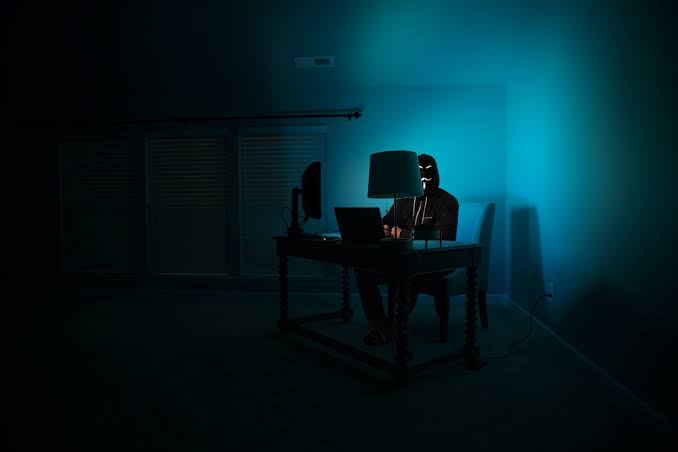With every crime related to anonymity on the Internet, interest in Deep Web and Dark Web grows. They are the most hidden and, why not, sinister corners of the world network. Where you buy and sell everything, even what’s illegal. However, the two terms have differences,although they are essentially two sides of the same coin.
What is the difference between Deep Web and Dark Web?
1. Surface Web (World Wide Web, or internet)
First, we must understand: what is the web? It is the part that we access every day, where we find technology sites, essential services, electronic stores, social networks or entertainment channels, is the World Wide Web or internet, also known as Surface Web. However, it is only a superficial, and very superficial, part of the web as a whole.
Not by chance, the most used metaphor to illustrate the web is that of the iceberg: in it the Surface Web is just the apparent area, which is above sea level. Below it is the Deep Web, and within this, the Dark Web. And that’s what we’re going to talk about.

2. Deep Web
Deep Web is the site layer that is immediately below surface web. It is usually understood that everything that is not seen freely on the internet is part of the Deep Web. But today, terminology is used to refer to addresses that are not indexed by search engines such as Google and Bing. It is worth noting that these sites need to belike this, for a number of reasons such as security and privacy.
Think of the Deep Web as behind the scenes of the internet: this is where data crucial to network maintenance is found, which cannot be accessed by ordinary people; in these cases, only those who have the address and credentials can enter. Here are academic databases, medical records, confidential national security information, financial records, scientific articles, repositories of some NGOs and etc. There are a number of illustrations that help us understand this division.
NOTE:
Some differ a bit about the presence of names like Facebook on the Surface Web.
Of course, while not indexable, you can access websites that require login using your common internet browser. However, if you don’t want to have your access to them tracked, you’ll need to use a protection network, such as Tor (a free and open source software that provides secure communication when browsing the Internet). This type of browser, in addition to protecting, also allows you to access what is not on the surface.
Anyone who accesses the Deep Web through specific software does not necessarily wish to commit crimes. But overall, this individual doesn’t want to be tracked, let alone their work is indexed on the Surface Web. This applies to both government agencies and data administrators to tech giants, journalists, activists, or anyone who is at risk of exposing themselves online.
3. Dark Web
This is where things start to get really sinister. The Dark Web is a small portion of the Deep Web, also composed of websites and networks that are not indexed by search engines. However, unlike the first, almost all the domains in this part of the web are focused on criminal practices, of all kinds you can imagine (and that remains anchored in the difficulty of tracking on networks).
Most Dark Web domains are composed of strings of letters and numbers without the slightest sense, and only those who own the full domains and credentials are allowed to enter these sites. Access to this dark part of the web requires the use of powerful encryption and data protection tools, as attacks directed at you, if you’re brave enough for such an adventure, will be constant.
On the Dark Web, there are websites associated with drug trafficking, child exploitation, rental killer services, websites with real videos of people being tortured to death, human trafficking domains, sex sites aimed at generally disturbing preferences for most people, and so on…
Silk Road, a market operating through Darknet that used the Tor network, once one of the largest domains for the drug trade, was hosted there. The site was closed by the FBI and its creator, sentenced to life in prison without parole.
It is in this part of the web where the famous discussion forums of radical groups, where criminals of all kinds are organized. Recently, the person in charge of one of them was sentenced to 41 years in prison for crimes of racism, terrorism, incitement to crimes and dissemination of materials related to pedophilia. Which calls into question the promise of total anonymity on the Deep Web.
After all, what is the difference between Deep Web and Dark Web?
Structurally, Dark Web is part of the Deep Web, mainly because its domains have the same basic structure: they are not indexed by search engines. However, it is a very small portion, and focused exclusively on the commission of crimes, while deep web contains domains necessary for web operation.
